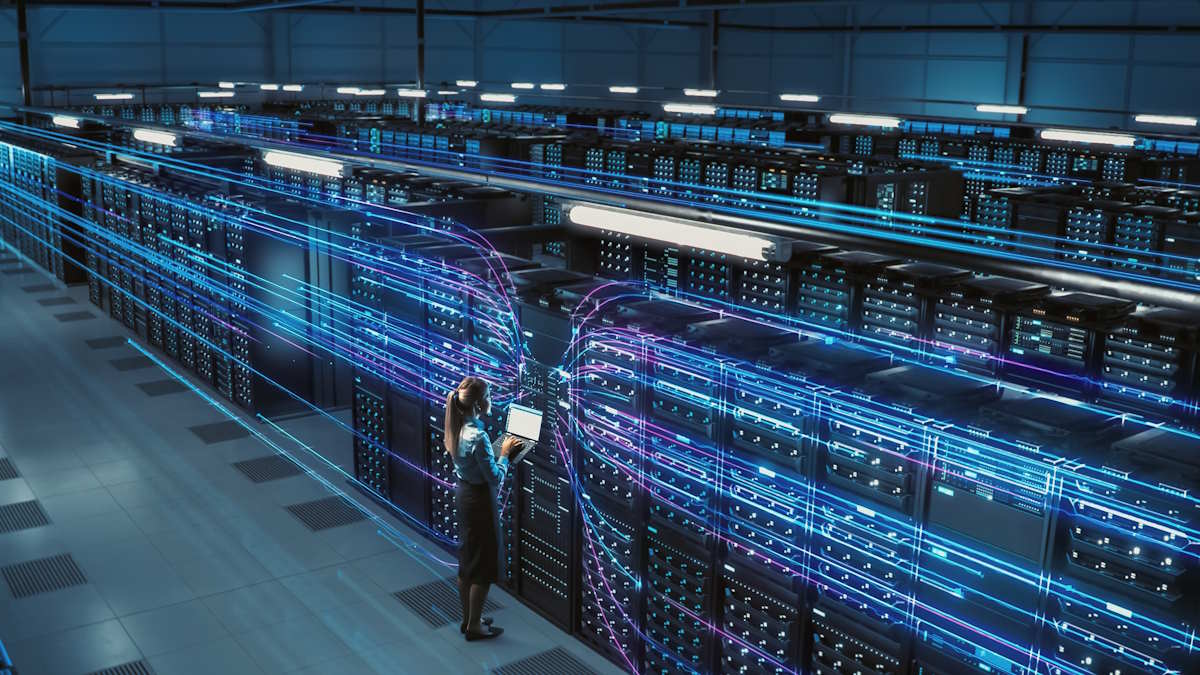Any business requires a high level of data security. One of the key tools in this area has become virtual data rooms – innovative platforms designed to protect confidential information.
In this article, we will explore the advantages of their application and the prospects for development. As Ronald Hernandez stated, “Today, there is nothing more important than data protection,” which is why data rooms are gaining increased popularity. These virtual spaces have become a reliable digital shield, ensuring security in the exchange and storage of data.

Main Advantages of Using Virtual Data Rooms
The benefits of using a data room include the:
- Data encryption. One of the key security elements of a virtual data room is the use of advanced data encryption methods. This protects information from unauthorized access and prevents sensitive data leaks.
- Access Control. Virtual data rooms provide the ability to strictly control who has access to certain files and documents. Administrators can set different access levels according to user roles.
- Activity Tracking. An important security aspect is the ability to track user activity within a virtual data room. This includes reviewing the history of changes, downloads, and file views, which helps in identifying suspicious activity.
- Protection against malicious attacks. Virtual data rooms protect against malicious attacks by providing a high level of security at the application level. This includes multi-level authentication systems and protection against phishing attacks.
The bottom line is that virtual data rooms are a powerful tool for secure, efficient, and modern information management, which is especially important in today’s digital world.
Applications of Virtual Data Rooms
Data room providers have found wide applications in various industries. From M&A transactions to financial audits and legal processes, these platforms have become indispensable tools for ensuring the security and efficiency of business processes.
M&A transactions
Virtual dataroom is essential for facilitating the swift exchange of confidential information during mergers and acquisitions transactions. This expedites decision-making and ensures the safeguarding of sensitive data, a pivotal factor in the successful completion of M&A deals. These virtual data rooms offer a secure and convenient platform for sharing documents and data and promote seamless communication among involved parties while maintaining the confidentiality of sensitive information throughout the transaction.
Financial audits
Successful financial audits require access to financial records. Virtual data rooms provide a secure and efficient space for sharing and analyzing financial data. They protect confidentiality and enable detailed auditing of financial information, facilitating the efficient work of auditors and parties involved in audit processes.
Legal processes
In the legal sector, virtual data rooms play a key role in the exchange of documents related to legal processes. They provide secure and confidential storage, transmission, and access to legal documents, complying with all requirements for high-security standards. This allows parties to legal processes to communicate, exchange information, and conduct all necessary procedures efficiently, minimizing the risks of unauthorized access and ensuring legal transparency at every stage of data processing.
How to Select a Virtual Data Room
Selecting a virtual data room constitutes a crucial decision, demanding careful consideration of several pivotal factors. Here are specific steps to guide you in making the optimal choice:
- Determine the specific needs of your project. Clarify what types of data you require and the processing they need.
- Estimate the expected volume of data and the performance required.
- Check the security level of the proposed virtual data room. Make sure the provider provides a high level of data protection.
- Investigate how fast you can access data and fulfill queries.
- Ensure that the virtual data room can scale with the growth of your project.
- Check compatibility with the technologies and tools you use. Clarify integration options with other systems.
- Investigate what technical support is provided by the provider. Make sure there is 24/7 support in case of problems.
- Consider the pricing model and determine what costs are expected at different stages of using a virtual data room.
- Examine reviews from other users about the chosen virtual data room. Pay attention to recommendations from businesses with similar needs.
Before reaching a conclusive decision, conduct a comprehensive analysis of various alternatives, and ensure to evaluation of the selected service through practical testing.

Challenges and Prospects
Despite all the advantages, the best virtual data room also faces certain challenges. These include keeping security systems up-to-date, managing increased data volumes, and ensuring compliance with data protection legislation. However, as technology advances, virtual data rooms continue to improve and offer increasingly innovative virtual data room solutions to keep information secure.
Conclusion
Virtual data rooms have become a trusted tool for securing data in the digital age. Their benefits include data encryption, access control, activity tracking, and protection against malicious attacks. Their applications range from mergers and acquisitions to financial audits and legal processes. Despite the challenges, virtualized data rooms continue to evolve and become an important link in secure digital information.